City Directories and History: (Bellefield Plantation) Hobcaw Barony is a 15,680-acre tract that includes buildings, structures, landscape features and sites associated with the continuing use of the land from ca. 1730 until 1943. Individual components, such as buildings, roadways, cemeteries, canals and embankments, reflect the use of the property over time. They illustrate the evolution of lower Waccamaw Neck from the development of rice plantations, through the antebellum period of concentrated rice cultivation, to the post-Civil War conversion of former plantations to winter
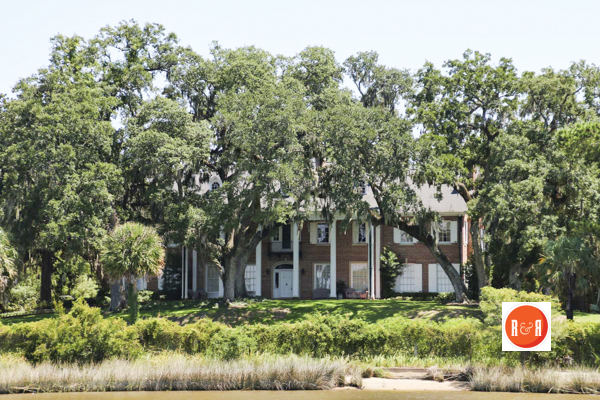
Photo contributed to R&R by Gazie Nagle @ www.fineartbygazie.com
resorts where natural and cultural landscapes were conserved for duck hunting and entertainment.
Hobcaw House was built in 1930, and retains a high degree of integrity of design, materials, and workmanship throughout. Its architecture is a good example of the popular Colonial Revival influence that was supplanting the rustic style of earlier hunting club lodges. The house was designed by the Columbia firm Lafaye and Lafaye. Designs of buildings and landscaping at the Hobcaw House and the Bellefield House complexes are typical of properties that were constructed or reused by hunting plantation owners for themselves and their employees. The entire site includes 42 contributing buildings, 53 contributing sites, and 25 contributing structures. Numerous outbuildings include such examples as various barns, pumphouses, various sheds, cottages, slave settlements/cabins, and a church. The source of the name lies in the 1718 royal grant to John, Lord Carteret, a “barony” of 12, 000 acres on the southern portion of Waccamaw Neck, called Hobcaw Point. Between 1766 and 1767 the property was surveyed, divided, and sold as several parcels. Listed in the National Register November 2, 1994. (Courtesy of the S.C. Dept. of Archives and History)
“Hobcaw is an Indian word, meaning—say authorities on history—“between the waters.” The land here at the southern tip of Waccamaw Neck is a narrow strip bordered on the east by the ocean and on the west by Winyah Bay. Indian influence is apparent, also, at the extreme northern end of Georgetown county in the name of Wachesaw plantation, now the home of William A. Kimbel. The house there rests almost directly upon an old Indian burial ground. The word wachesaw has been interpreted variously, depending on the extent of one’s faith in life after this world. One meaning given is “happy hunting ground”; another is “place of the great weeping.” A third holding of land influenced by Indian language is a tract that was part of the original Hobcaw Barony and which once again is included in the estate; however, for some years Oryzantia was a separate plantation that belonged at one time to a lieutenant-governor of the state, Colonel Joshua John Ward of Brookgreen plantation. Descendants of Colonel Ward claim that the original spelling of Oryzantia was Orizantia and is an Indian word meaning “wild rice.”
Information from: Names in South Carolina by C.H. Neuffer, Published by the S.C. Dept. of English, USC
Stay Connected
Explore history, houses, and stories across S.C. Your membership provides you with updates on regional topics, information on historic research, preservation, and monthly feature articles. But remember R&R wants to hear from you and assist in preserving your own family genealogy and memorabilia.
Visit the Southern Queries – Forum to receive assistance in answering questions, discuss genealogy, and enjoy exploring preservation topics with other members. Also listed are several history and genealogical researchers for hire.
User comments welcome — post at the bottom of this page.
Please enjoy this structure and all those listed in Roots and Recall. But remember each is private property. So view them from a distance or from a public area such as the sidewalk or public road.
Do you have information to share and preserve? Family, school, church, or other older photos and stories are welcome. Send them digitally through the “Share Your Story” link, so they too might be posted on Roots and Recall.
Thanks!
User comments always welcome - please post at the bottom of this page.
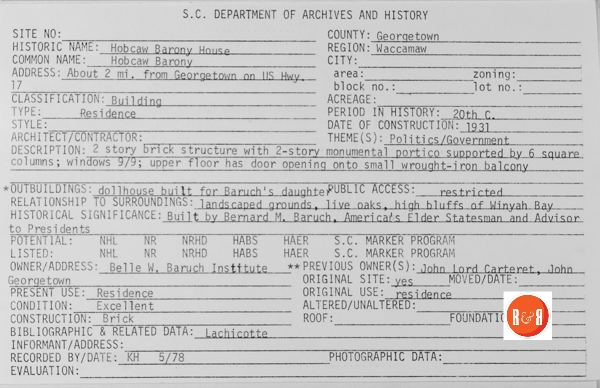
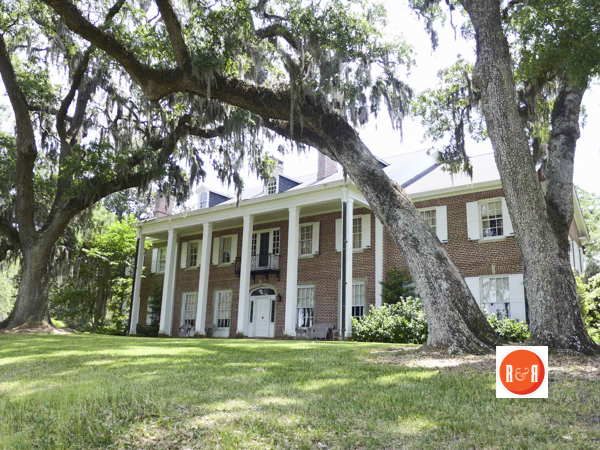
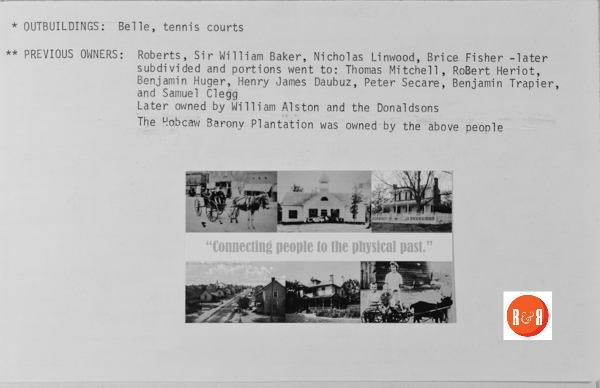
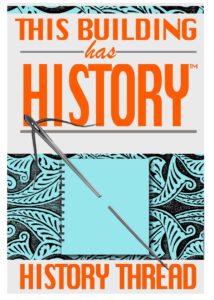

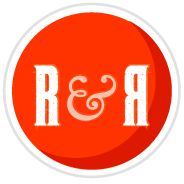
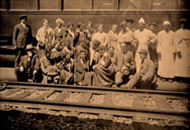
Share Your Comments & Feedback: